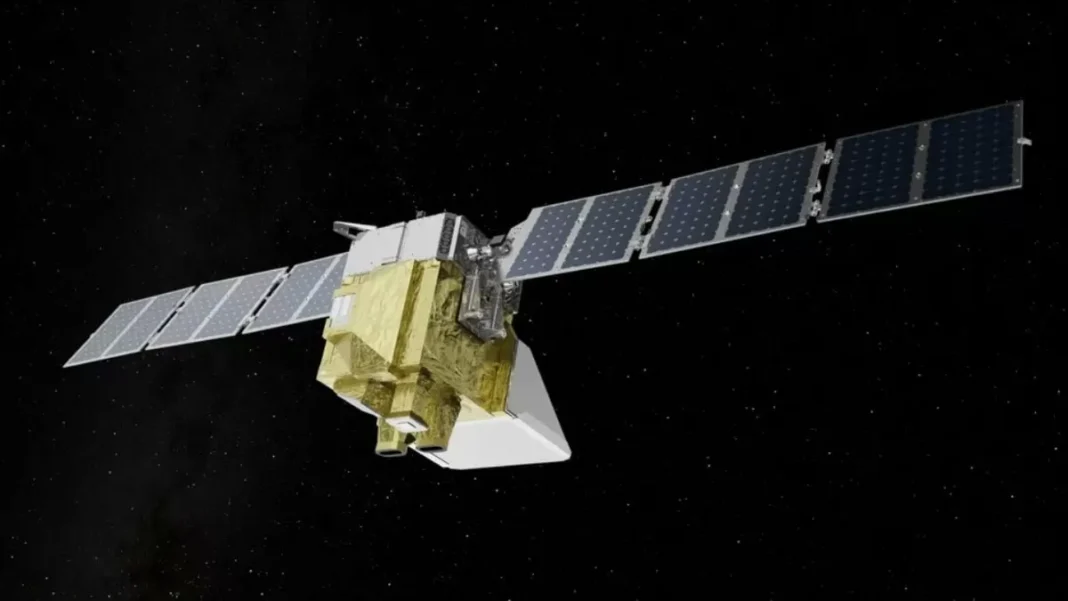MethaneSAT, a climate-monitoring satellite backed by Google and the Bezos Earth Fund, has unfortunately failed after just one year in orbit. Launched in March 2024 with the mission to track methane leaks, the $88 million satellite lost power in June 2025. Despite this setback, mission operators are determined to continue analyzing the collected data to support climate action and emission transparency efforts.
The MethaneSAT project was a joint effort between Google and the Bezos Earth Fund, with the goal of providing accurate and timely data on methane emissions. Methane is a potent greenhouse gas, with a global warming potential 84 times greater than carbon dioxide over a 20-year period. It is responsible for about a quarter of the Earth’s current warming, making it a critical target for climate action.
The satellite was equipped with state-of-the-art technology, including a high-resolution sensor that could detect even the smallest methane leaks. This data would have been invaluable in identifying and addressing sources of methane emissions, such as oil and gas operations, landfills, and agriculture.
Unfortunately, the satellite experienced a power failure in June 2025, rendering it unrecoverable. This was a devastating blow to the MethaneSAT team, who had worked tirelessly to make this project a reality. However, they are not giving up on their mission.
Despite the loss of the satellite, the MethaneSAT team is determined to continue their work. They will analyze the data collected during the satellite’s short time in orbit and make it available to the public. This data will be crucial in supporting climate action efforts and increasing transparency around methane emissions.
The MethaneSAT team is also looking towards the future. They are already planning for a new and improved satellite that will be launched in the near future. This new satellite will build upon the lessons learned from the first one and will have even more advanced technology to accurately track methane emissions.
The failure of MethaneSAT is a reminder of the challenges and risks involved in space exploration and technology. However, it is also a testament to the determination and resilience of the team behind the project. They are not giving up on their mission to combat climate change and are already working towards a new and improved satellite.
The MethaneSAT project has received widespread support and recognition for its important mission. The Bezos Earth Fund, founded by Amazon CEO Jeff Bezos, has pledged $10 billion to support climate action and conservation efforts. Google, a leader in technology and innovation, has also shown its commitment to addressing climate change through projects like MethaneSAT.
The failure of MethaneSAT is a reminder that we must continue to invest in and support projects that aim to protect our planet. Climate change is a global issue that requires global solutions, and the MethaneSAT project was a step in the right direction. We must not let this setback discourage us, but rather use it as motivation to do better and do more.
In the face of this disappointment, the MethaneSAT team remains positive and determined. They are committed to using the data collected by the satellite to support climate action efforts and increase transparency around methane emissions. And with the promise of a new and improved satellite on the horizon, we can be hopeful for even greater progress in the future.
In conclusion, the failure of MethaneSAT is a setback, but it is not the end. The team behind this project remains dedicated to their mission and will continue to work towards a more sustainable future. Let us support and applaud their efforts, and use this as a reminder of the importance of taking action against climate change. Together, we can make a difference.


